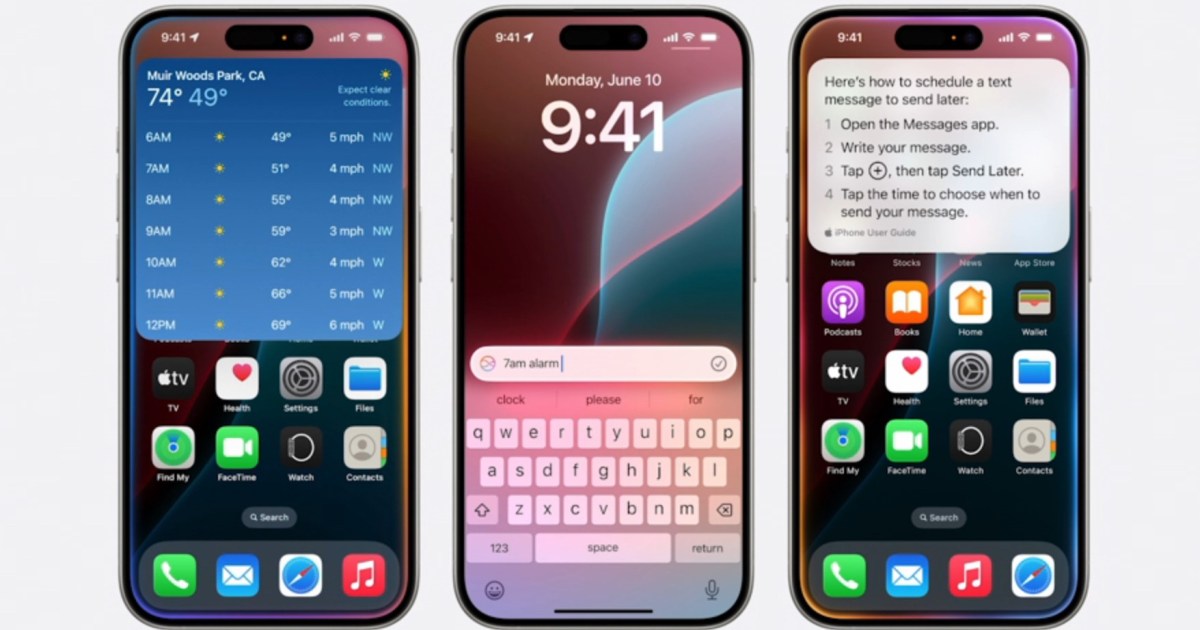Apple has publicly confirmed a delay in the rollout of key Apple Intelligence features, specifically enhancements to its voice assistant, Siri. The company initially announced these features in June, promising improved contextual understanding and more effective app interaction.
This delay impacts Siri’s advanced capabilities, including personal context understanding, on-screen awareness, and in-app actions. Apple has updated its website to reflect this change, stating that these features are “in development and will be available with a future software update.”
 Apple Intelligence Delay
Apple Intelligence Delay
Apple’s original announcement indicated the features would arrive sooner, but they now anticipate release “in the coming year.” This revised timeline marks a shift from the initial expectations surrounding Apple Intelligence. Following its unveiling at WWDC last year, many anticipated a full launch alongside the iPhone 16 series. Instead, Apple opted for a phased rollout, integrating some features with iOS 18.1, iPadOS 18.1, and macOS Sequoia 15.1, with further updates planned over time. However, even this staggered approach has encountered delays, and Apple Intelligence is still unavailable in some regions, including the European Union.
This delay comes at a time of intense competition in the AI space, with competitors like Google rapidly integrating AI features, such as Gemini, into their products. While Apple has not explicitly stated the reasons for the delay, it highlights the challenges involved in developing and deploying sophisticated AI technologies.
This delay underscores the complexity of building advanced AI capabilities and integrating them seamlessly into existing products and services. The updated timeline suggests Apple is prioritizing a thorough development and testing process to ensure a robust and reliable user experience. While users eager for the enhanced Siri features will have to wait longer, Apple’s commitment to refining its AI offering indicates a focus on delivering a polished and impactful product when it eventually launches.









